Past Projects
Forty Parliamentarians (aged 9-12 years old), from the Liverpool local government area, are actively engaging in civic life by increasing their knowledge and understanding of their rights and responsibilities. In turn, our team is reflecting on the Program’s and its potential.
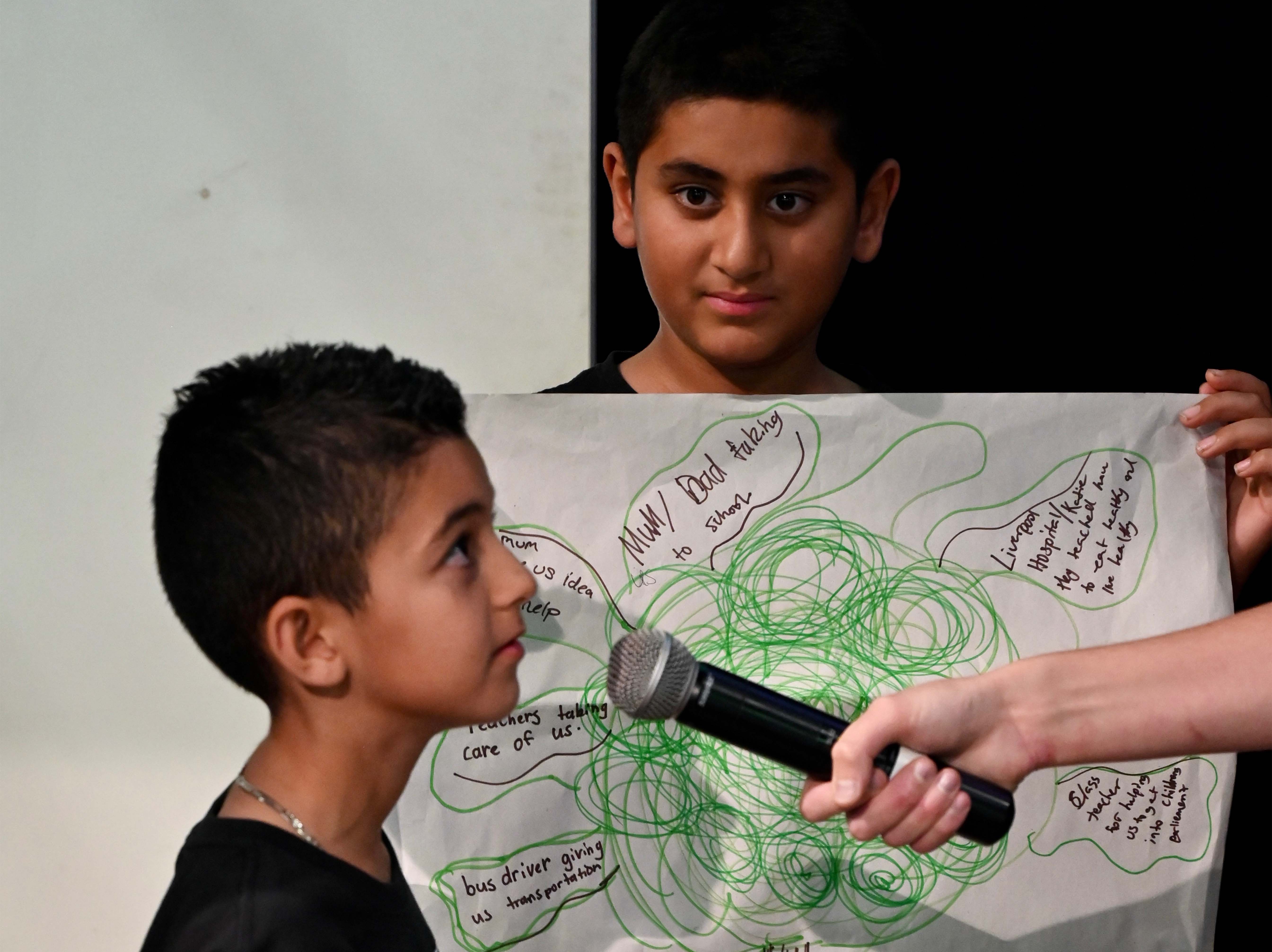
This project is designed to provide an in-depth picture of Australian migrants who care about the environment, how they came to do so, and what these practices of care constitute in terms of a) everyday practices; b) activities during environmental catastrophes such as bushfires.
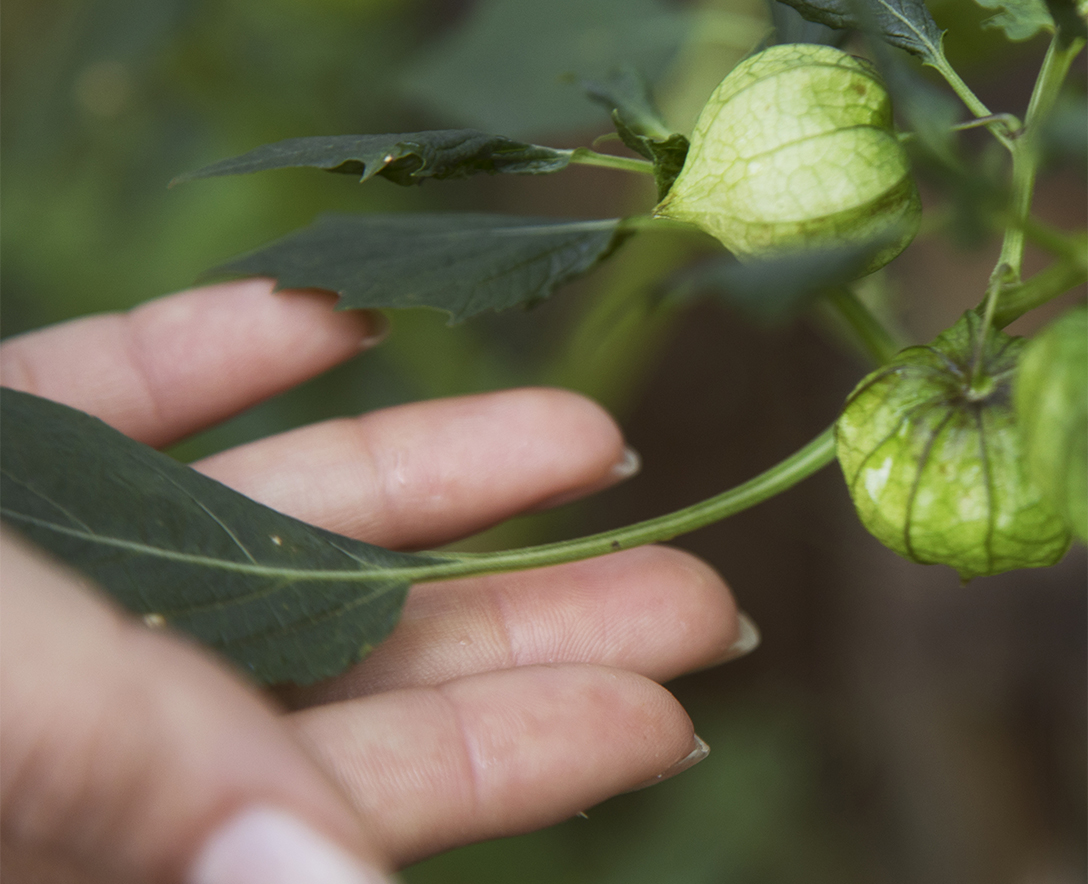
Who do young people contact first when they face mental health challenges and how do they support each other? This research examines the role of friendships in mental health care and how young people support each other when facing mental health challenges.

What sparks violence? We are working with children and adults to gather their views on violence; what needs to change, who needs to change it, and how we can measure and end violence against children.
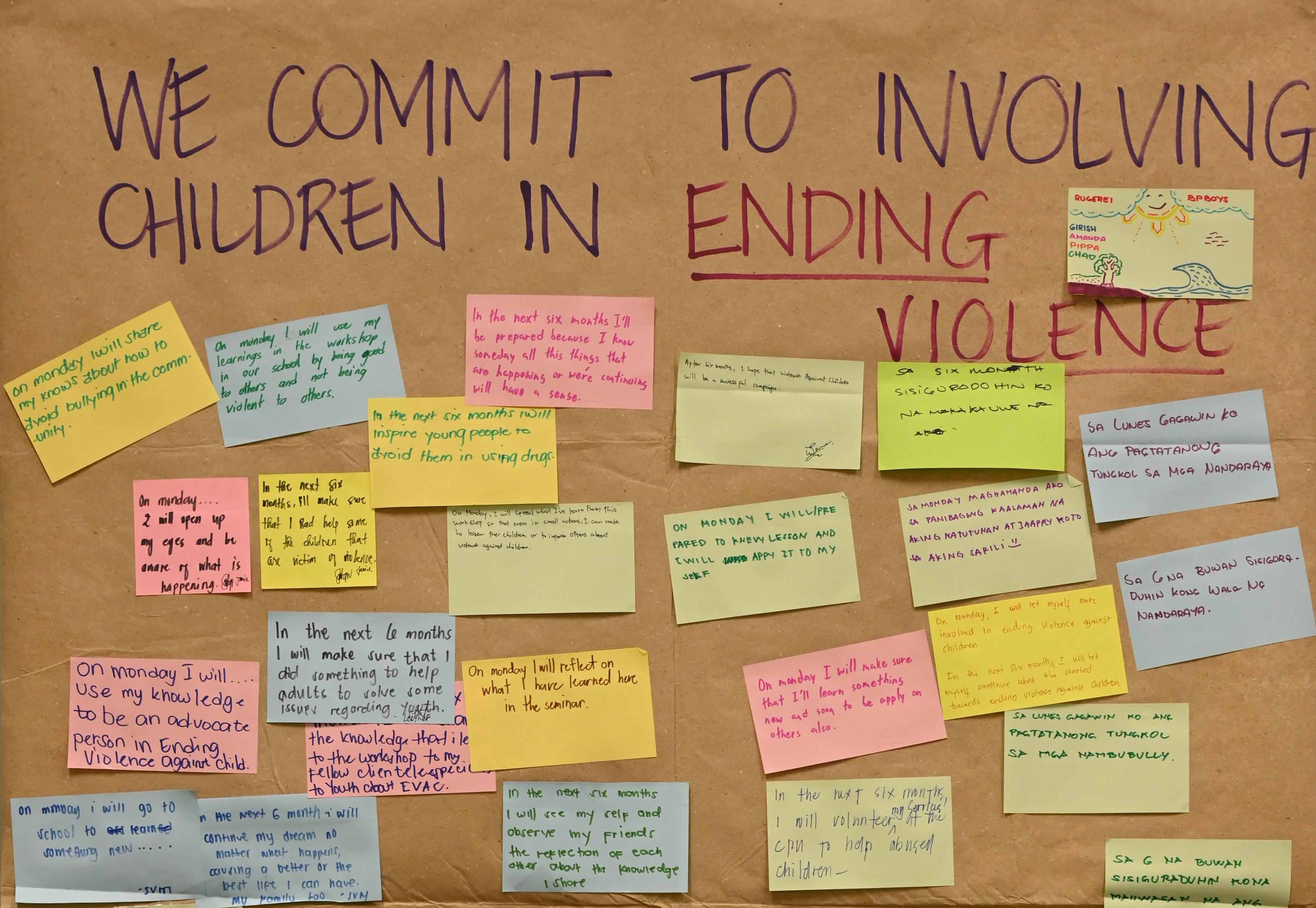
While the pandemic highlighted the critical role technology plays in children’s lives, not all Australian children have reliable access to technology. In this research project, we carried out a pilot project with three schools in Western Australia, conducting workshops, interviews and surveys with students, parents, and school staff from which we identified key barriers and enablers for digitally inclusive online learning at the individual, interpersonal, organisational, and infrastructural levels.
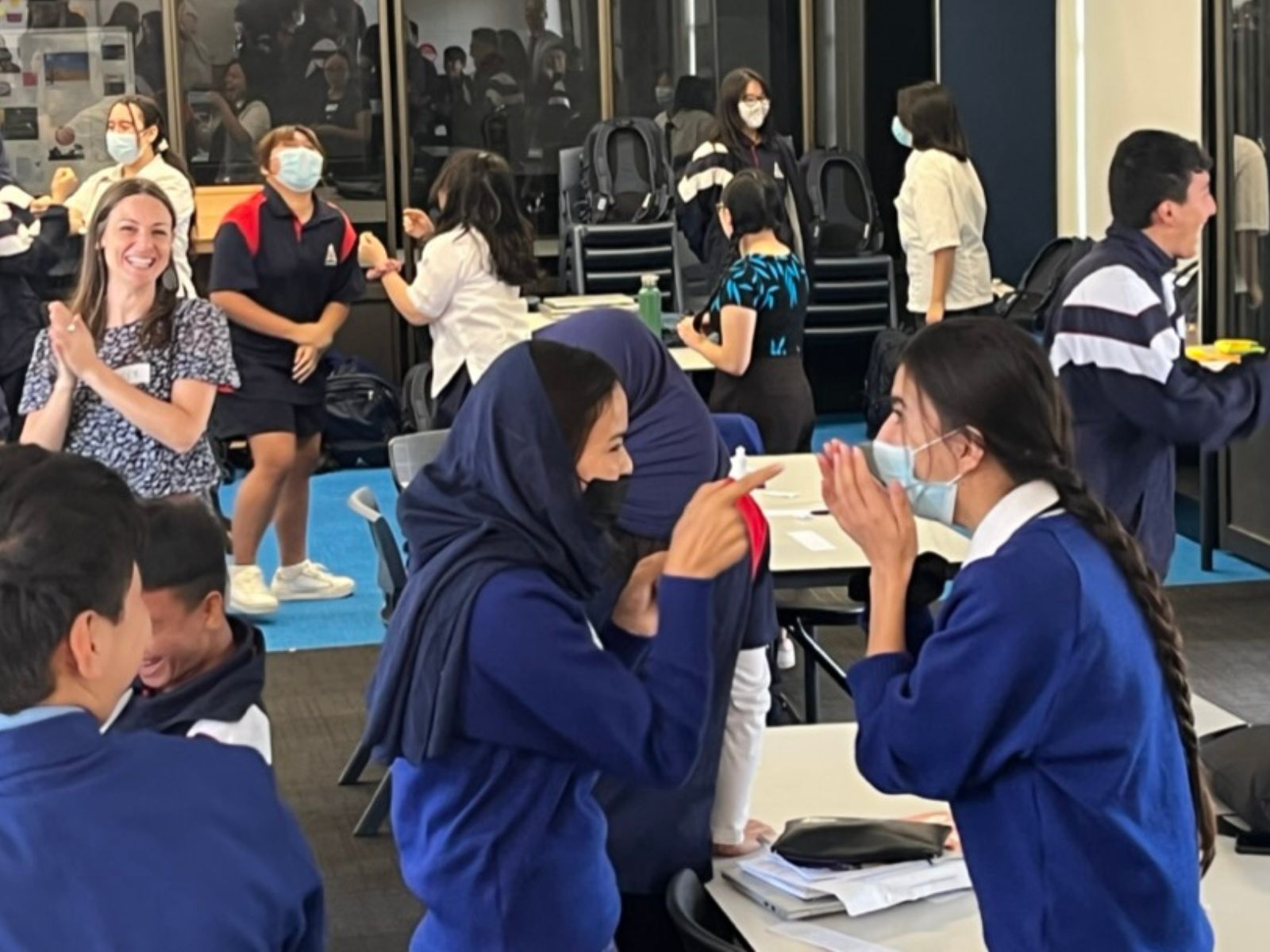
This research aims to investigate and identify the factors that can enhance digital participation amongst refugee and migrant background youth in Victoria, Australia. It aims to empower young people in their work, education, socialising and health.
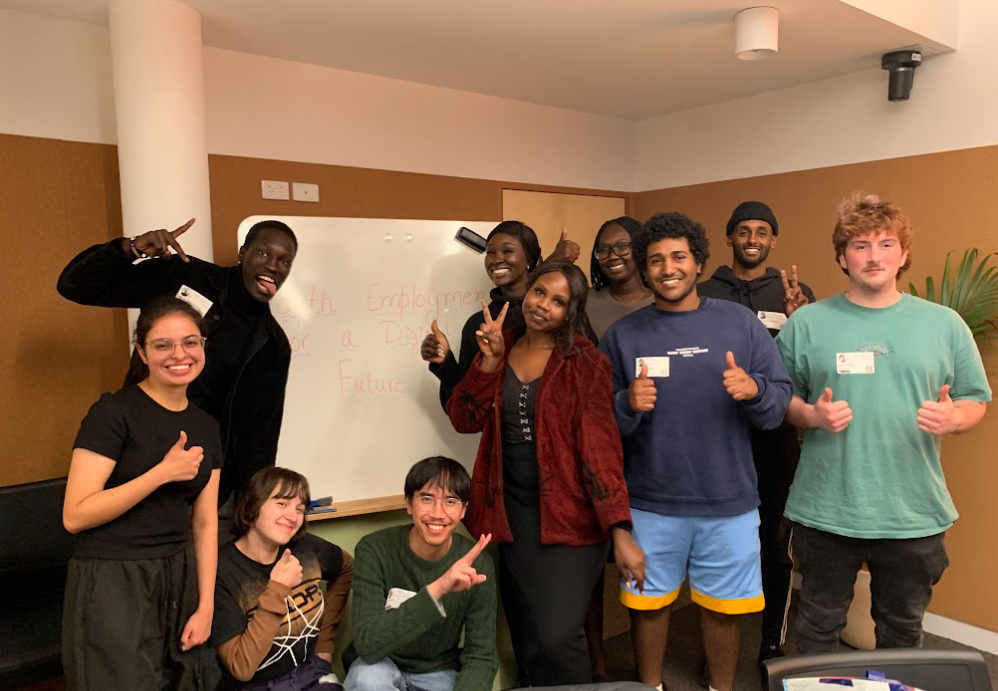
More than 700 children and young people, from 18 countries, are calling on political leaders and public and private-sector stakeholders to work across all levels of society to strengthen food systems. Find out what they have to say about food systems, the key challenges to eating nutritious, safe, desirable, and sustainable food, and the improvements they feel are necessary for the 21st century. Their voices and the findings of this project will contribute to the UN Food Systems Summit (UNFSS) in 2021, presented as part of UNICEF’s global Food Systems Dialogues with children.

How is technology impacting the rights of young people? Together with our partners, we’re consulting 709 children in 27 countries to answer this in a General Comment for the UN Committee for the Rights of the Child.

We're co-designing resources with young people for delivery in schools, ensuring that content is relatable and relevant. In Real Life resources will improve the delivery of online safety education by offering genuinely youth-centred, freely available and inclusive content to young people across Australia.

Children in Cambodia, Malaysia, Kenya and Tanzania are informing UNICEF’s Disrupting Harm survey tool by sharing their experiences with digital technology experiences and online safety.

We collaborated with partners around the world to co-produce the Child Online Protection Trainings. The online self-paced trainings we developed are aimed at children (aged 9-12, 13-15 and 16-18) and cover the topics of Harassment, Mis/Dis information and Privacy.
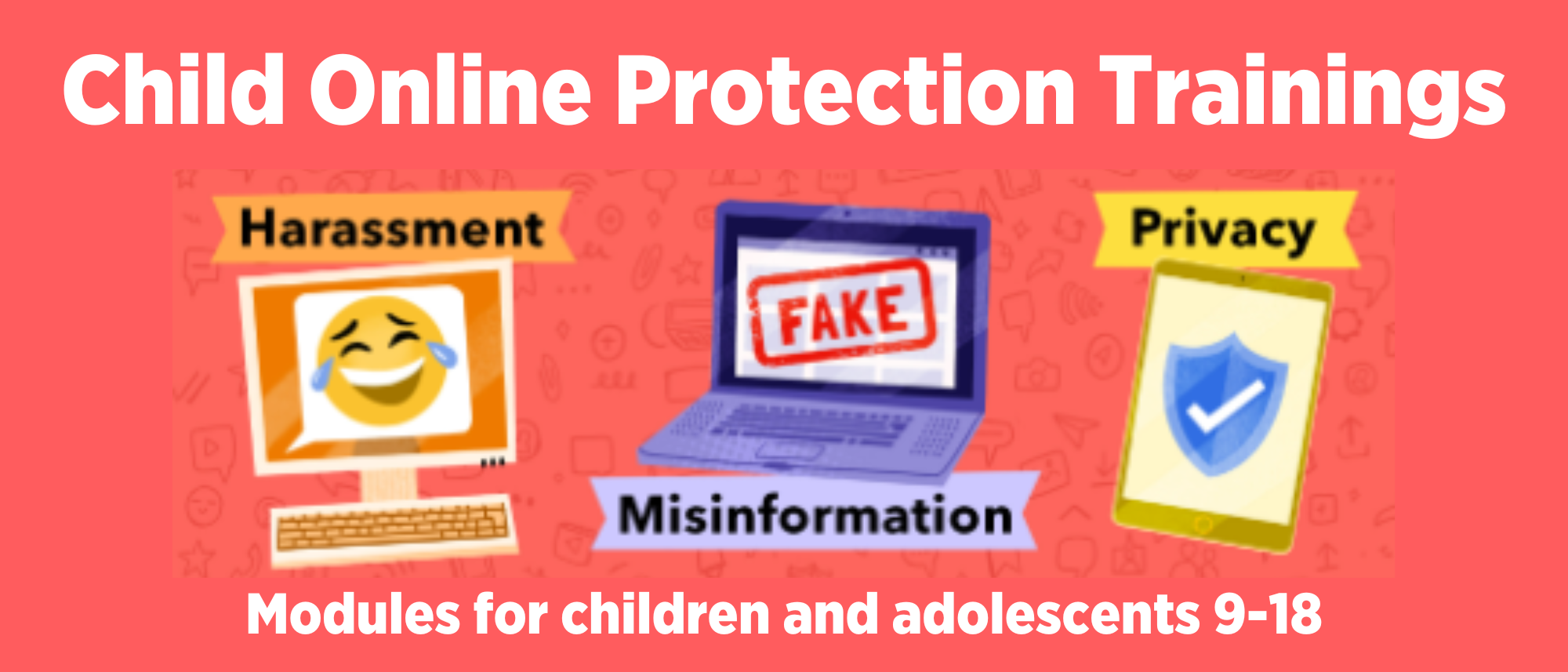
Researchers, young people from rainbow families and LGBTQ+ advocates are coming together to develop a resource to connect young people with other rainbow families, and to value and celebrate the diversity in these families.
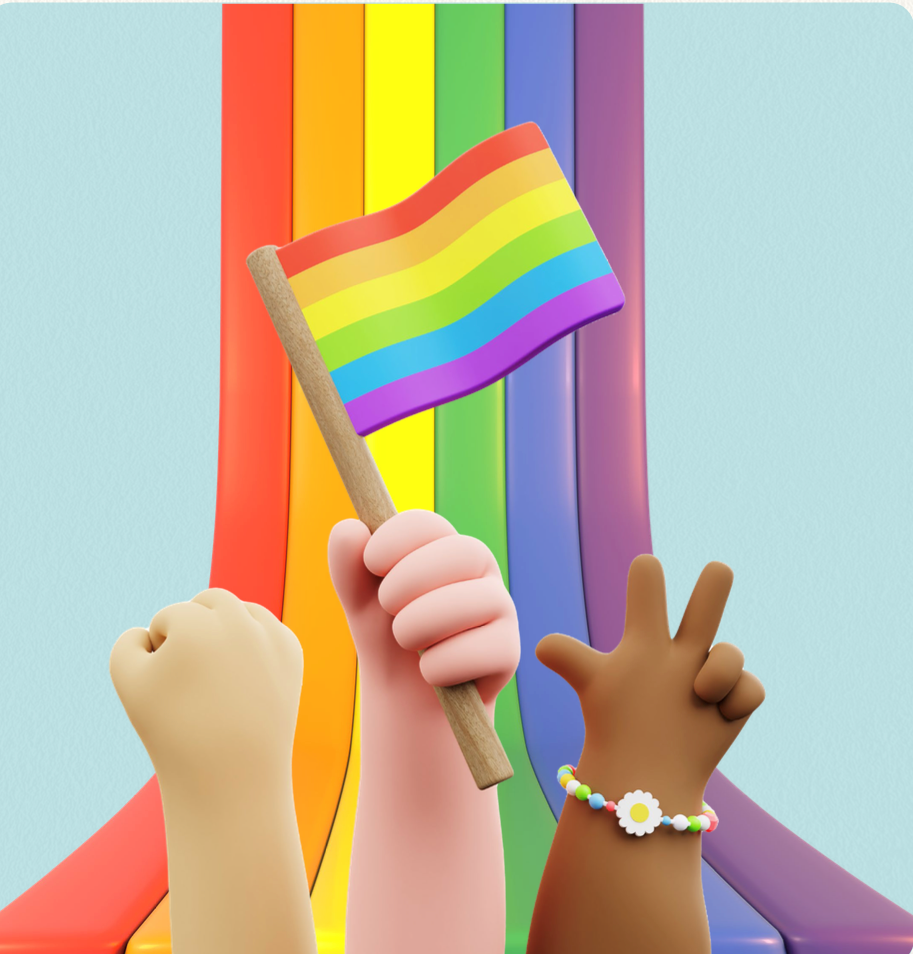
This project will support researchers who are working with children in diverse settings to develop appropriate and ethical approaches to engage children in meaningful research, drawing on tried and tested tools.
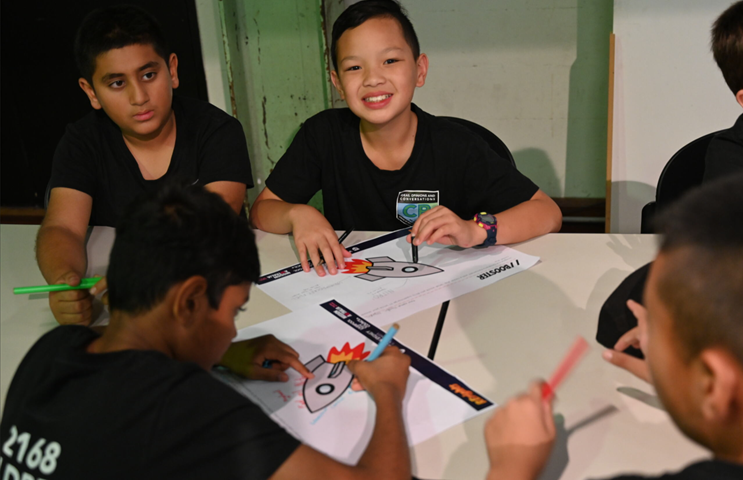
Mount Druitt Working for Children Living Lab
Exploring ways to increase child-friendly practices among services and engaging the voices of children and the community in decision making.
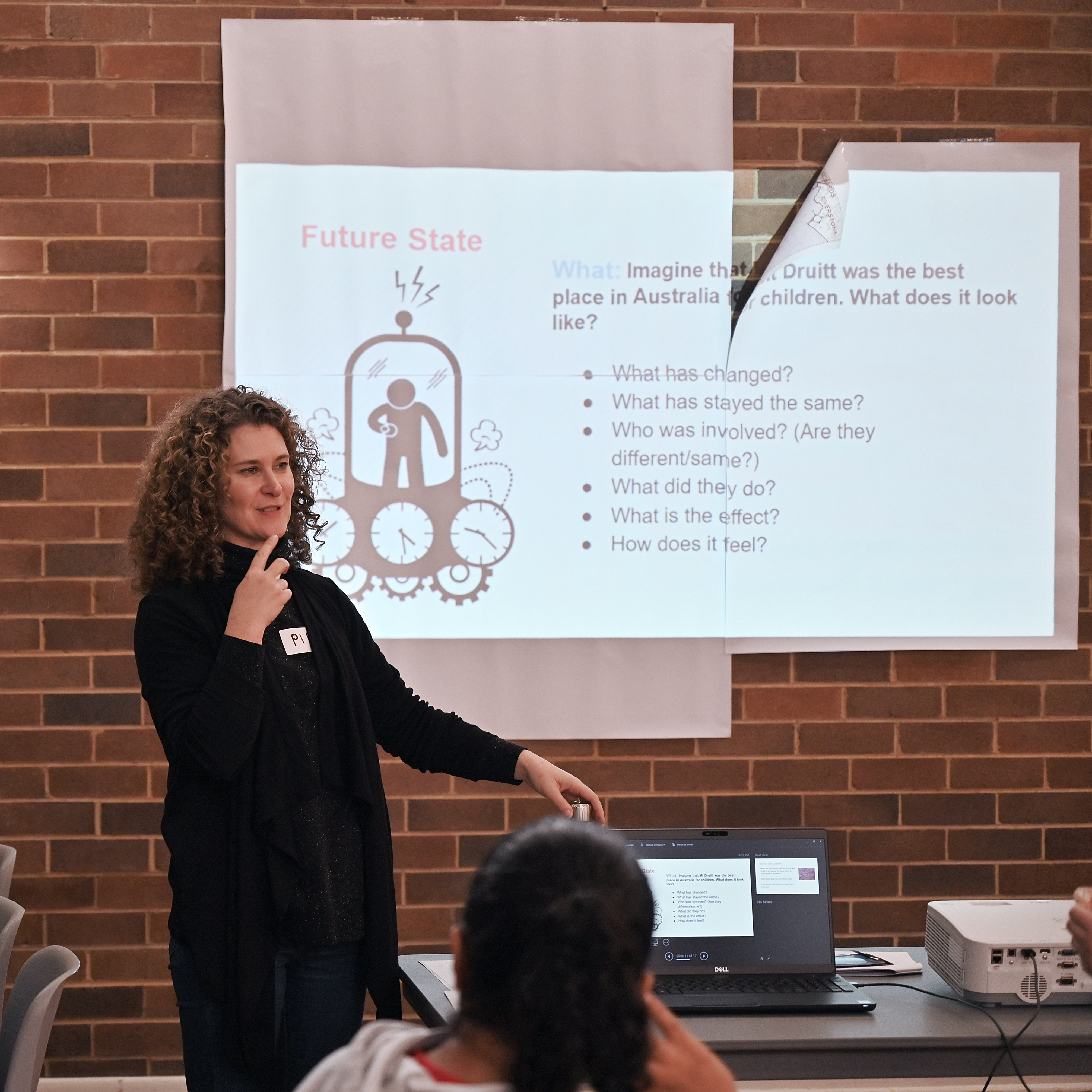
As investing becomes more accessible for younger investors through emerging digital products and services, industry groups and regulation bodies are concerned about increasing numbers of inexperienced young adults starting to invest. Responses to these concerns have focused on media regulation and better financial education to address financial literacy gaps and reduce harm from financial losses. However, these interventions may be misdirected or inadequate without understanding the experiences and needs of young adult investors.
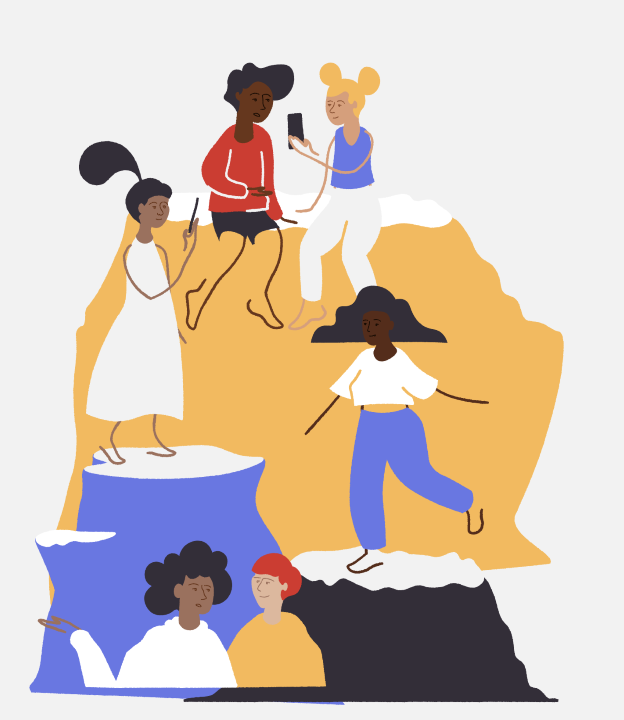
A series of youth consultations have been conducted to develop the eSafety Commissioner’s Youth Engagement Strategy. The Strategy ensures young people have a right to be part of the decision-making process for policies and programs that impact their lives.

We're working with 318 children across 12 countries to understand what digital play and wellbeing means to them. The report aims to inform the design of digital products and services used by children, as well as the laws that govern them. It includes a wellbeing framework for children, made up of eight child-centric wellbeing outcomes.

Our team is working with Youth Action to gather the views of youth services directors, managers and youth workers. This snapshot of the youth sector informs policies, and advocates for the value of these services.
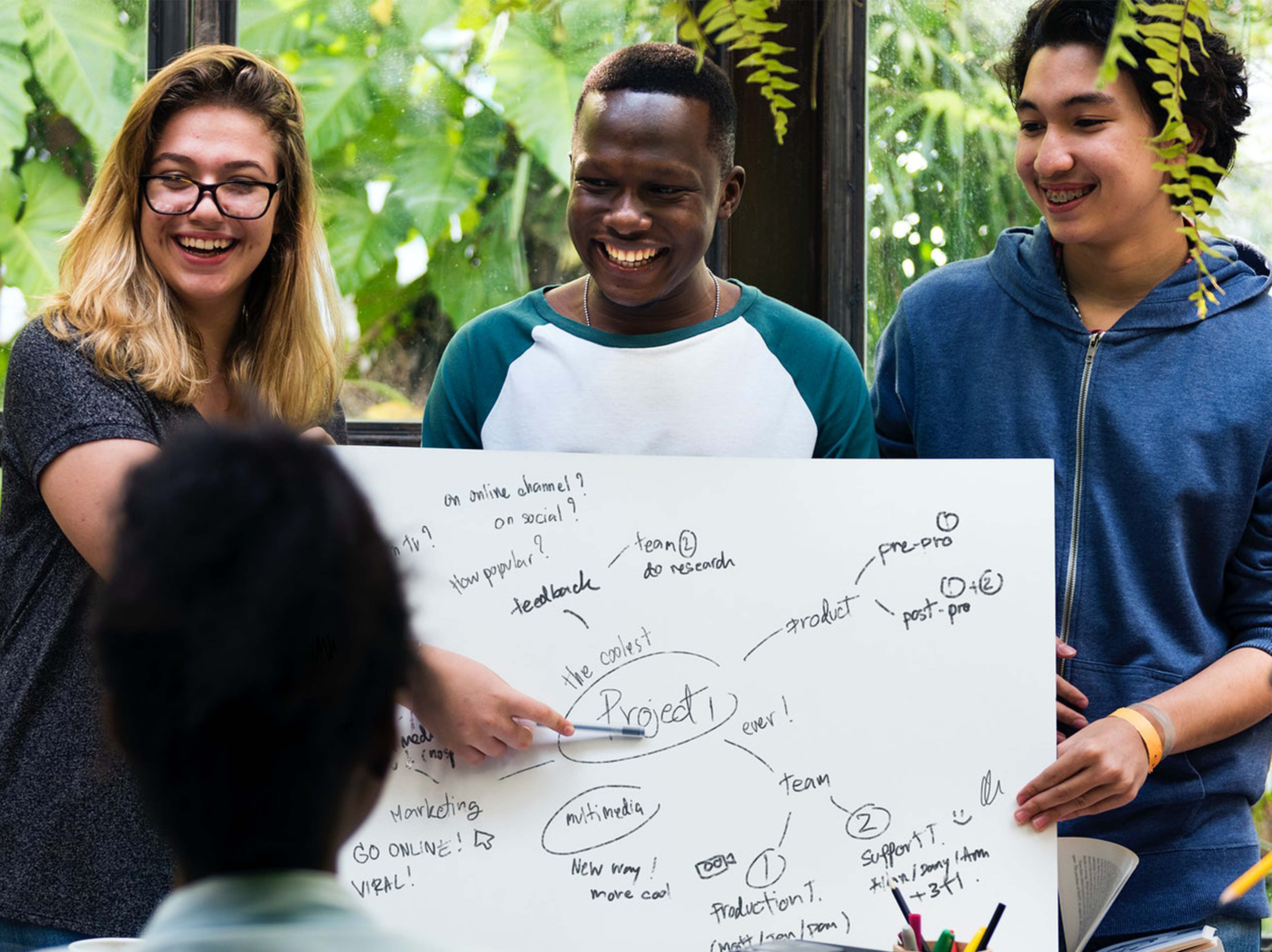
Our team is designing the methodology and analysing the results for the State of the World’s Children report, in partnership with UNICEF. Mother and adolescents from 18 countries share their food and nutrition experiences.
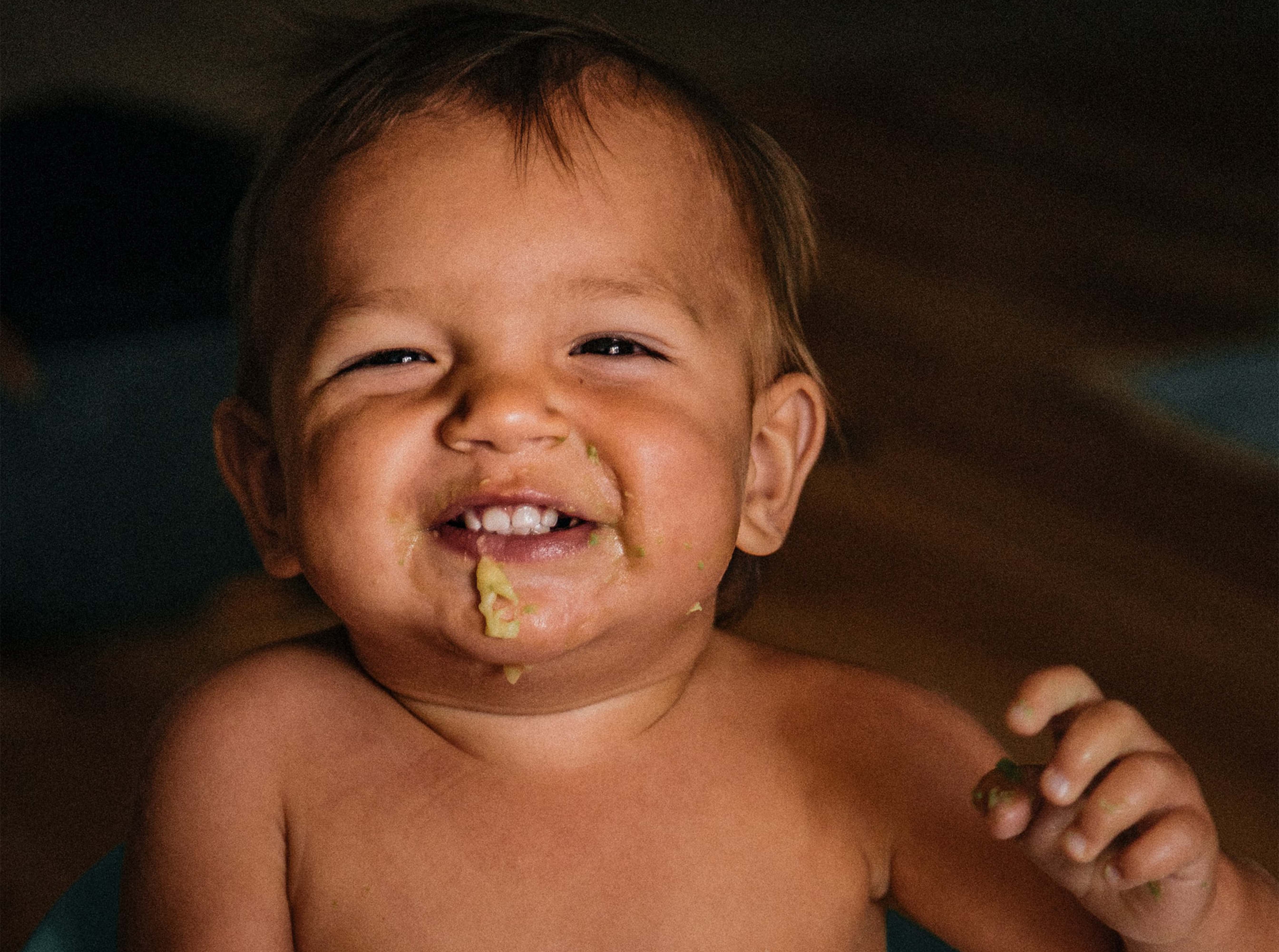
Australian young people explain their key motivations for taking part in the Global Climate Strike protest, sharing their expectations of how climate change can be addressed, and informing public and policy debate.
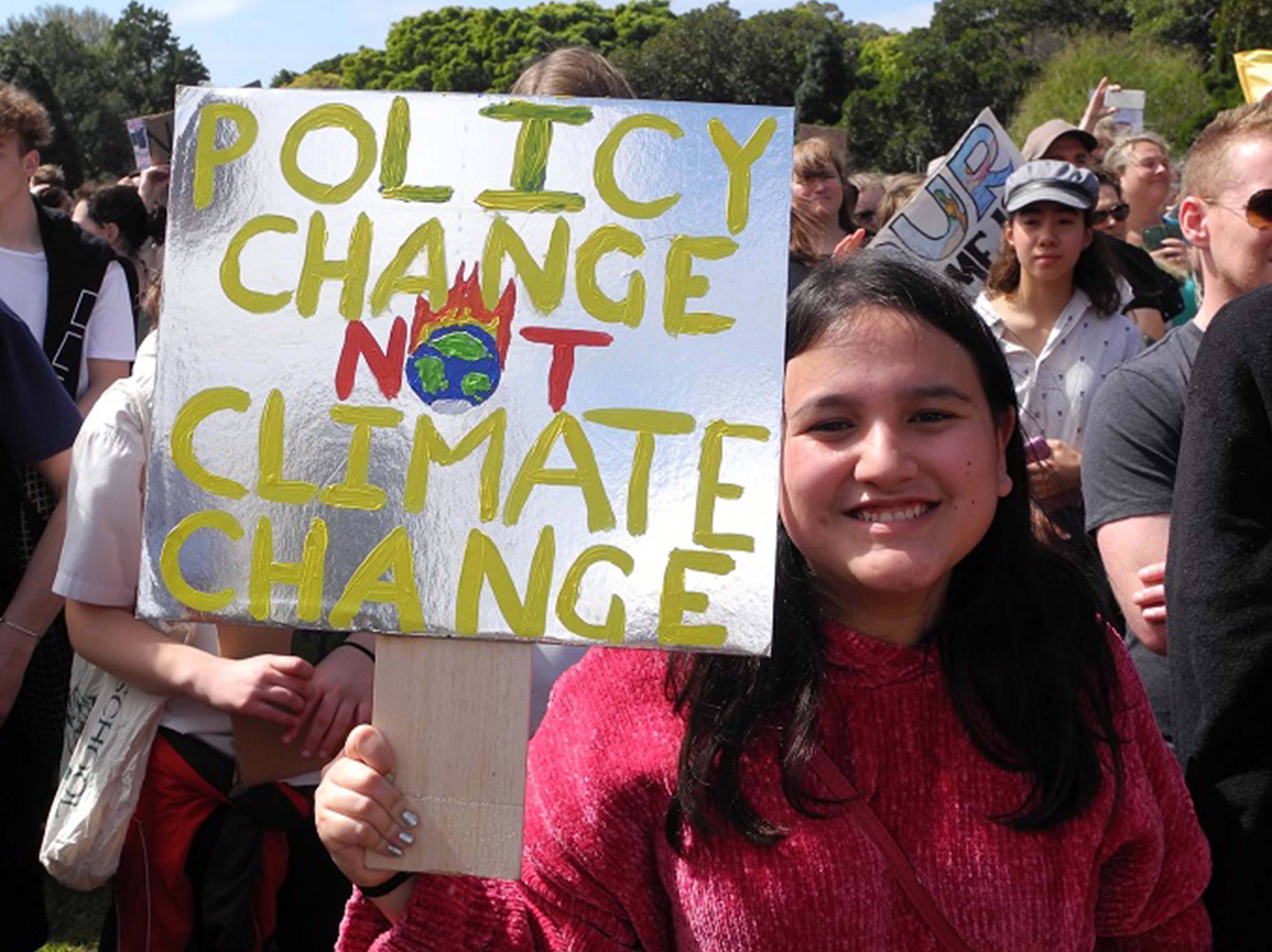
What issues concern young people in Australia? How do these relate to mainstream political debates? What can politicians and other decision-makers learn from young people? Young people have submitted more than 24,500 essays to the Whitlam Institute, answering these questions and more. We’re reviewing their responses to ‘What Matters?’
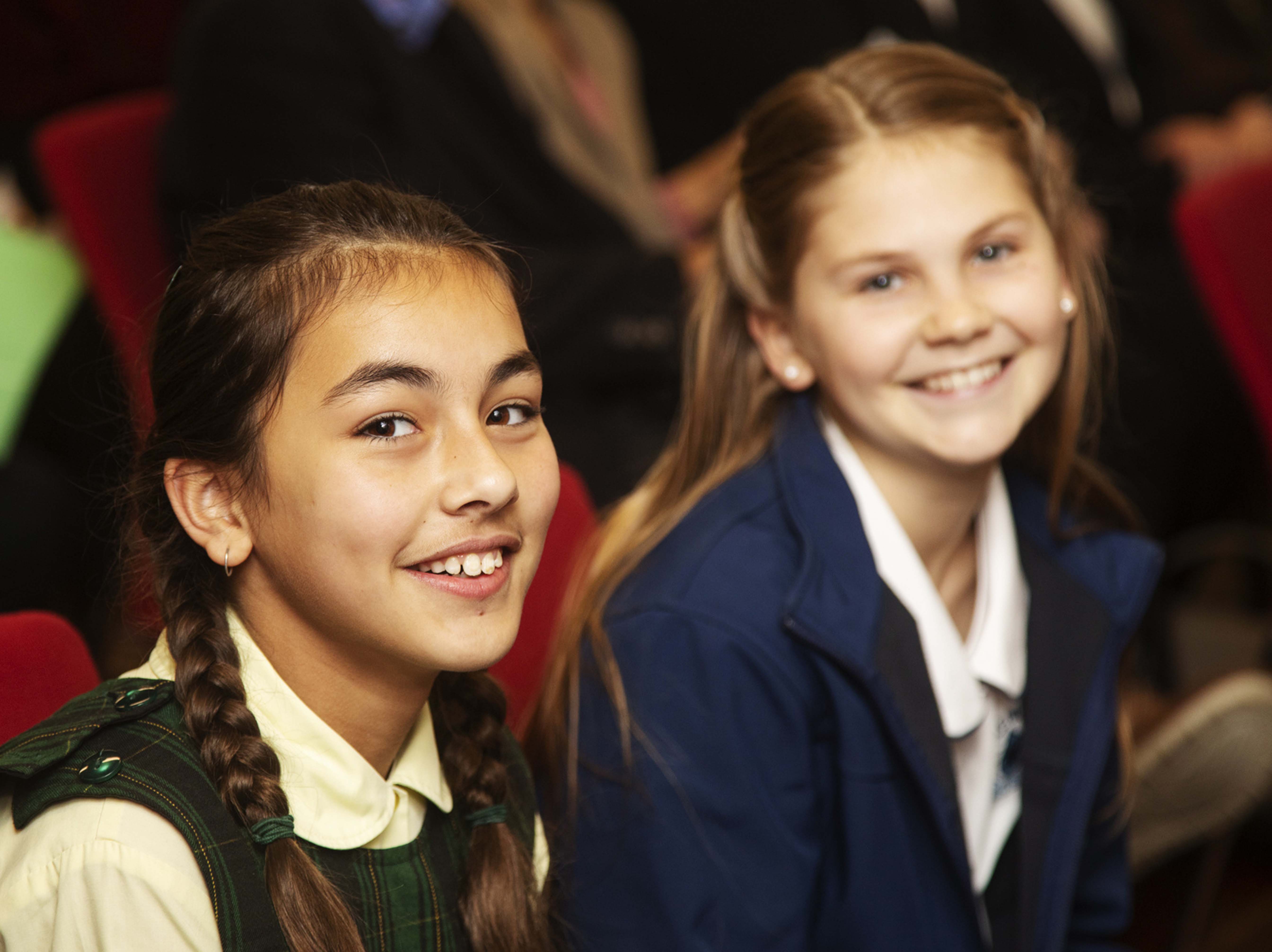
The Youth, Diversity and Wellbeing in a Digital Age project aims to establish effective mechanisms for strengthening civic engagement and social belonging amongst a diversity of young people.

